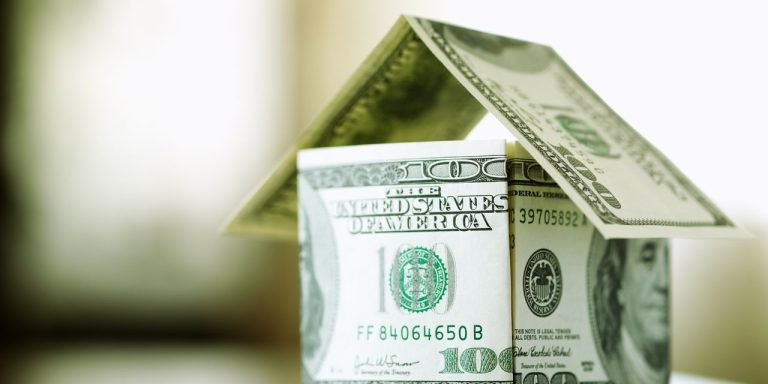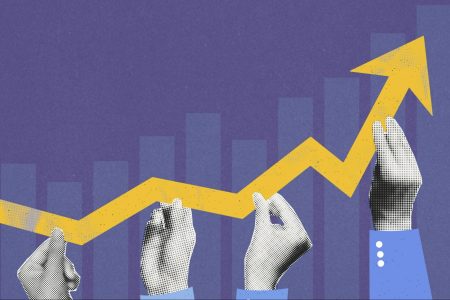A few years ago, the startup market was setting one record after another, fueled by low interest rates, U.S. government stimulus spending to counter the COVID-19 lockdown and AI enthusiasm.
AI fever has gotten worse due to the smoke-and-mirrors of ChatGPT and other large-language models, but now interest rates are higher, government stimulus is waning and startups are struggling. The fact that startups are suffering while the overall U.S. stock market is surging suggests that investors are finally realizing that startups no longer are $100 bills on the sidewalk.
One of Gary’s former students started one of the first fund-of-funds for hedge funds. The most important part of his job was identifying hedge funds that had good ideas and were run by competent, honest people. He often lamented that the hedge-fund boom was bringing in people who had flimsy ideas, little experience and, in some cases, questionable ethics. It seemed that anyone who had ever taken a finance course and made a profitable investment thought they were qualified to start a hedge fund. Too many were able to raise money; too few invested that money wisely.
The scent of money that led many unqualified and inexperienced people to start hedge funds also has led many unqualified and inexperienced people to launch startups. Find a sexy idea and market the hell out of it — not necessarily to build an enduring business but certainly to lure in investors.
The results have not been pretty. Jay Ritter, a University of Florida finance professor, keeps the most comprehensive data on IPO performance, including companies that went public and then flopped. His most recent data, from 2022, showed that 59% of the IPOs between 1975 and 2018 had negative returns over the first three years; 37% were down 50% or more. Their average three-year return was 17.1 percentage points lower than the overall U.S. stock market return. Even these dismal results understate the disappointing performance because of survivorship bias — startups that never did well enough to do an IPO are not included.
Looking at well-known big companies that are still around, 90% of U.S. “unicorns” — startups initially valued at more than $1 billion — are losing money and have been for many years; 21 have cumulative losses of more than $3 billion.
So it is not surprising that investors are becoming cynical about startups and the venture capital firms that fund them. Overall, venture capital firms raised $28 billion in the first half of 2023 compared to $158 billion and $168 billion raised in 2021 and 2022.
Venture capitalists invested $19.9 billion in U.S. “growth” startups (those seeking Series B- and C funding ) in the first half of 2023, down from $89 billion and $57 billion for all of 2021 and 2022, respectively. Moreover, $6.9 billion of that $19.9 billion came from a single deal for payment services provider Stripe . According to Pitchbook, the “demand for capital in the late-stage sector is about 2.84 times more than the available supply. As for IPOs, there were 80 during the first half of 2023 compared to 1083 for all of 2021.
Pitchbook also reported a sharp increase in the number of “down-rounds,” when venture capitalists impose lower valuations and take larger shares of companies in exchange for additional funding. They estimated that the percentage of down-rounds for Series B and C funding was less than 10% in the first quarter of 2021 and more than 30% in the first- and second quarters of 2023. This rise in down-rounds reflects the skepticism of investors and the desperation of startups.
The sense of woe is reflected in the title of a recent Financial Times article: “Silicon Valley Braces for the Worst as Funding Dries Up.” The article reported that, “Many in the industry expect the cliff edge moment to come in the second half of this year.”
Those going over the cliff will not only be flimsy startups but also venture capital firms that funded the flimsy startups.
Jeffrey Lee Funk is an independent technology consultant. Gary Smith, Fletcher Jones Professor of Economics at Pomona College, is the author of dozens of research articles and 16 books, most recently, Distrust: Big Data, Data-Torturing, and the Assault on Science (Oxford University Press, 2023).
More: Venture capital’s funk bodes poorly for private company valuations
Also read: Amazon didn’t make money for a decade, but those losses weren’t even close to what startup companies and their investors face now.
Read the full article here









